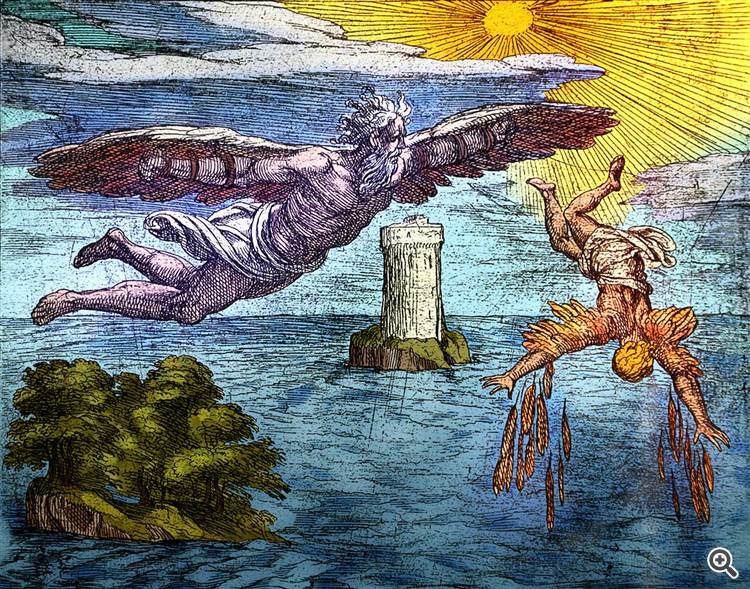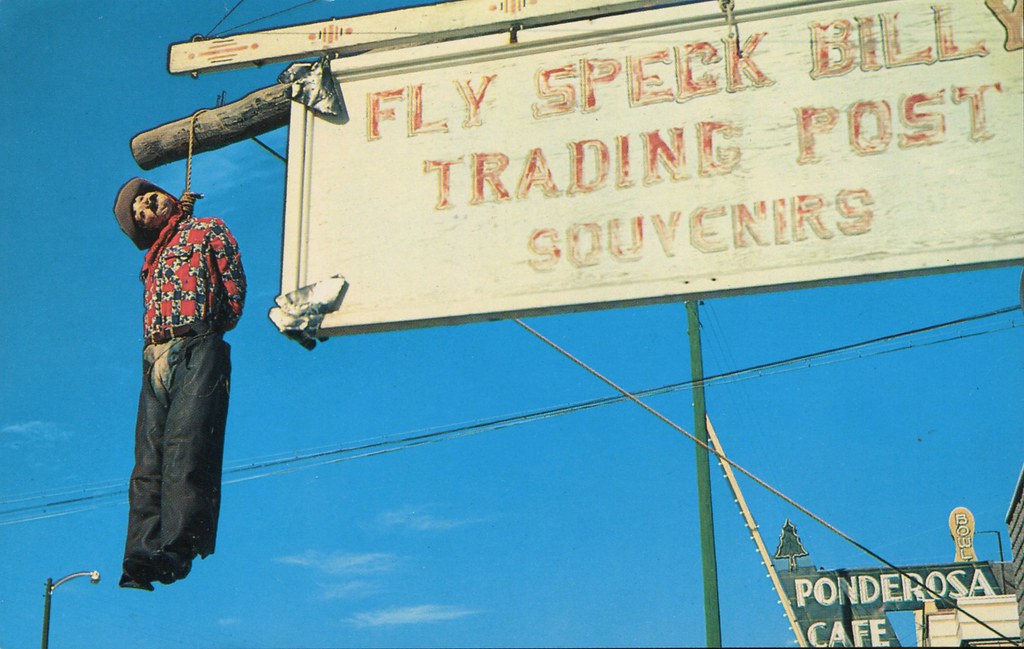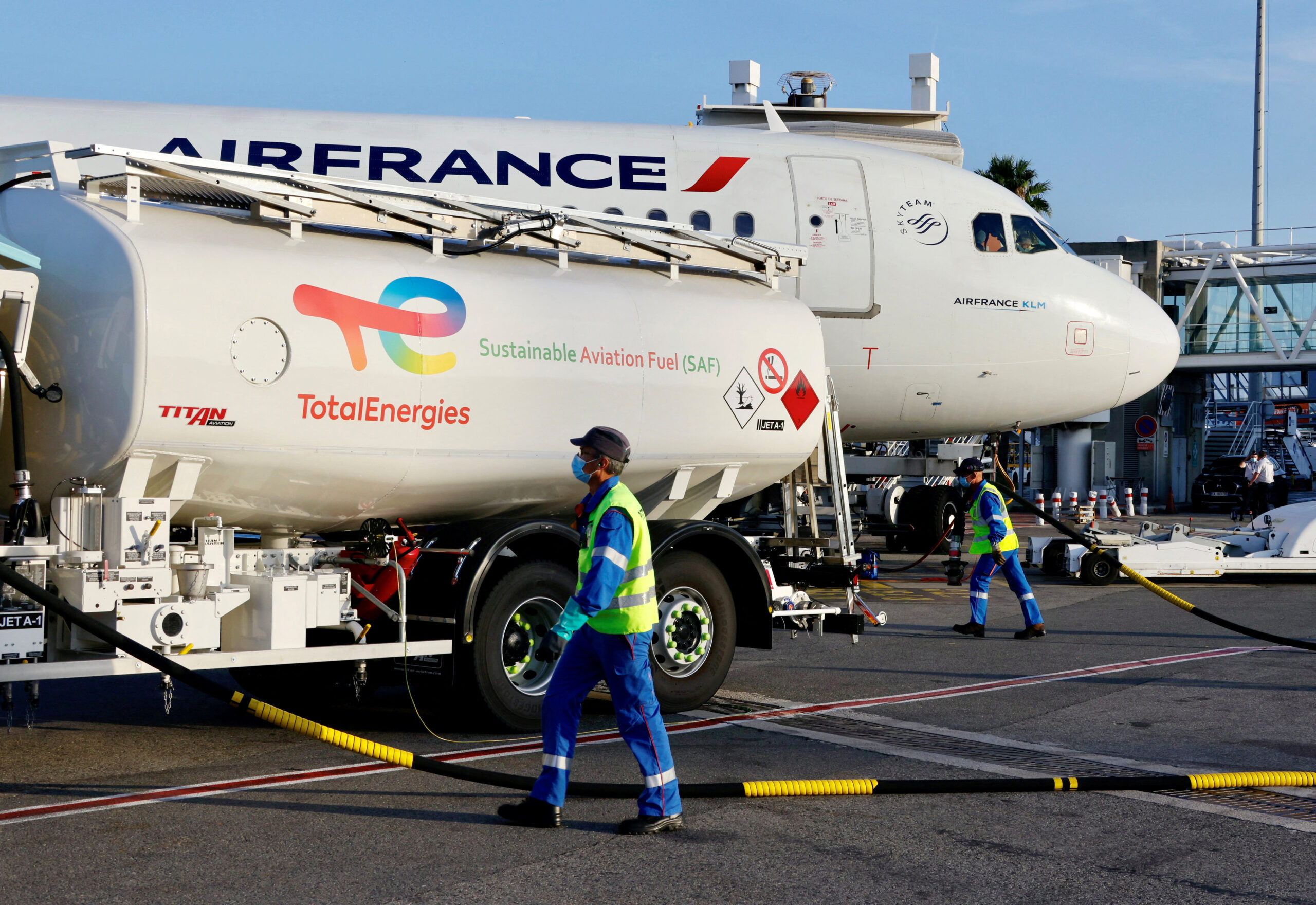In recent years, there has been a growing threat to the aviation industry that many people may not be aware of – fly traders. These individuals and organizations engage in illegal activities involving the buying, selling, and transporting of endangered or protected species of animals and plants. This lucrative trade not only has devastating effects on wildlife populations but also poses grave risks to aviation safety. In this article, we will explore who fly traders are, what they do, and the dangers they pose. We will also discuss how to spot and handle a fly trader encounter, as well as the legal consequences and international response to this issue. Lastly, we will look at possible solutions to prevent fly trading and protect both wildlife and the aviation industry.
Fly Traders: Who Are They and What Do They Do?

Fly traders are individuals or groups involved in the illegal trade of endangered or protected species of animals and plants. They operate clandestinely, using various methods to evade detection and transport these items across borders. The term “fly trading” originated from the transportation method used by these traders – via air travel. However, it is not limited to just air travel and can also involve land and sea transportation.
The types of species involved in fly trading vary widely, ranging from exotic birds and reptiles to rare plants and insects. Some of the most commonly traded species include parrots, iguanas, turtles, tigers, and orchids. These animals and plants are often taken from their natural habitats or bred in captivity and then sold to collectors and buyers around the world.
Fly traders engage in this illegal activity for financial gain, as the demand for rare and exotic species continues to grow. Many times, these transactions occur on the black market, with buyers willing to pay high prices for these coveted items. The trade can involve a single individual acting alone or an organized criminal network with connections all over the world.
The Dangers of Fly Trading

The consequences of fly trading are far-reaching and can have devastating effects on both wildlife populations and human safety. Perhaps the most obvious danger is the impact on endangered species. Many of these animals and plants are already facing threats such as habitat loss and climate change, and the illegal trade only exacerbates these issues. By removing these species from their natural habitats, fly traders disrupt the delicate balance of ecosystems and threaten the survival of these vulnerable creatures.
Moreover, the methods used in fly trading can also cause harm to the animals and plants being transported. Often, they are kept in inadequate and unsanitary conditions during transit, leading to stress, injury, and even death. This not only causes immense suffering but also reduces the chances of successful breeding and conservation efforts for these species.
Fly trading also poses risks to the safety of air travel. Many of the species involved in this trade are considered dangerous or hazardous by aviation authorities. For example, birds such as parrots and raptors can cause bird strikes, which can result in engine failure or other serious accidents. Reptiles and insects can also cause damage to airplanes, posing a threat to the safety of crew members and passengers.
How to Spot a Fly Trader

As fly trading operates in the shadows, it can be challenging to spot a fly trader. However, there are some red flags that we can look out for to identify potential incidents of fly trading. These include:
- Suspicious behavior: Fly traders often try to remain unnoticed and may display suspicious behavior, such as avoiding eye contact or behaving nervously.
- Unusual luggage: Fly traders may carry unusual or bulky luggage, such as crates or bags containing live animals or plants.
- Requesting assistance: Fly traders may ask for assistance from airport staff or passengers with their luggage, often citing a language barrier or disability.
- Travel patterns: Fly traders tend to travel frequently to and from countries known to be hotspots for animal and plant trade, such as South America, Southeast Asia, and Africa.
What to Do if You Encounter a Fly Trader

If you suspect that you have encountered a fly trader, it is essential to take appropriate action to prevent further illegal activity. Here are some steps you can take:
- Alert airport security: If you are at an airport, alert the nearest security personnel or report your observations to the authorities.
- Document evidence: If possible, take photos or videos of the suspicious behavior or unusual luggage. This can serve as evidence for law enforcement.
- Do not engage: Do not try to confront the individual directly or intervene in any way. Leave the situation to the authorities.
- Report anonymously: If you wish to remain anonymous, you can report any sightings to organizations such as the International Air Transport Association (IATA) or the National Wildlife Crime Unit (NWCU).
The Legal Consequences of Fly Trading
Fly trading is a serious crime, and those involved can face severe legal consequences. The laws and penalties for fly trading vary from country to country, but most have strict regulations in place to combat this illegal trade. For example, in the United States, fly trading is regulated by the Lacey Act, which prohibits the import, export, sale, and purchase of illegally sourced wildlife and plants.
In addition to legal penalties, fly traders may also face fines, imprisonment, and seizure of assets. These punishments aim to deter individuals and organizations from engaging in this illicit activity. However, given the underground nature of fly trading, it can be challenging to track down and prosecute those involved.
The International Response to Fly Trading
The issue of fly trading has gained global attention in recent years, leading to increased efforts to tackle this problem. In 2016, the International Civil Aviation Organization (ICAO) adopted a resolution urging all member states to take steps to prevent the illegal transport of endangered species on commercial flights. This includes implementing measures such as training for airport staff, increasing surveillance and inspection of luggage, and cooperation with law enforcement agencies.
Interpol also plays a significant role in combating fly trading, particularly through its Environmental Crime Programme. This initiative works closely with national and international organizations to gather intelligence and coordinate efforts to disrupt and dismantle organized criminal networks involved in wildlife trafficking and other environmental crimes.
The Future of Fly Trading
Despite these efforts, fly trading continues to be a major threat to both wildlife and aviation safety. As long as there is a demand for rare and exotic species, there will always be individuals and organizations willing to engage in this illegal trade.
Furthermore, advancements in technology and transportation have made it easier to transport items across borders undetected. For instance, drones have been used to smuggle animals and plants in and out of countries, making it even more challenging for authorities to prevent and track these activities.
Preventing Fly Trading: What Can We Do?
To effectively combat fly trading, it is crucial to address the root causes of this issue. This means reducing the demand for rare and exotic species, increasing penalties and enforcement against those involved in the trade, and promoting sustainable practices for sourcing and breeding these species.
Education and awareness are also vital in preventing fly trading. By educating the public about the devastating effects of this trade on wildlife and the dangers it poses to air travel, we can encourage people to speak up and report any suspicious activity they may encounter.
Lastly, governments and international organizations must work together to develop and implement comprehensive strategies to address fly trading. This includes strict regulations and enforcement measures, increased collaboration between agencies and countries, and support for conservation and sustainable practices.
Fly Trading: A Glossary of Terms
- Fly trader: An individual or organization involved in the illegal trade of endangered or protected species.
- Endangered species: A species that is at risk of becoming extinct in the wild.
- Protected species: A species that is protected by law and cannot be traded without proper permits or licenses.
- Black market: The illegal trade of goods or services outside of authorized channels.
- Lacey Act: A United States federal law that prohibits the import, export, sale, purchase, or possession of illegally sourced wildlife and plants.
- Bird strike: A collision between an aircraft and a bird or flock of birds, often causing damage to the aircraft.
- IATA: The International Air Transport Association, a trade association representing over 290 airlines worldwide.
- Interpol: The International Criminal Police Organization, an intergovernmental organization that facilitates international police cooperation.
- Drones: Unmanned aerial vehicles that can be used for various purposes, including transporting goods.
Conclusion
Fly trading is a growing threat to both wildlife and aviation safety. These illicit activities not only harm endangered and protected species but also put passengers and aircrew at risk. It is crucial for governments, organizations, and individuals to work together to prevent and combat this issue. By taking appropriate action, increasing awareness, and promoting sustainable practices, we can protect our precious wildlife and ensure safe air travel for all. Let us all do our part to stop fly traders in their tracks and make a positive impact for the future of our planet.
Also visit for more blogs at : Definition of Media

